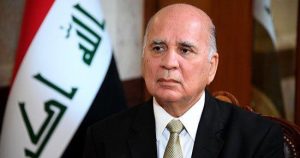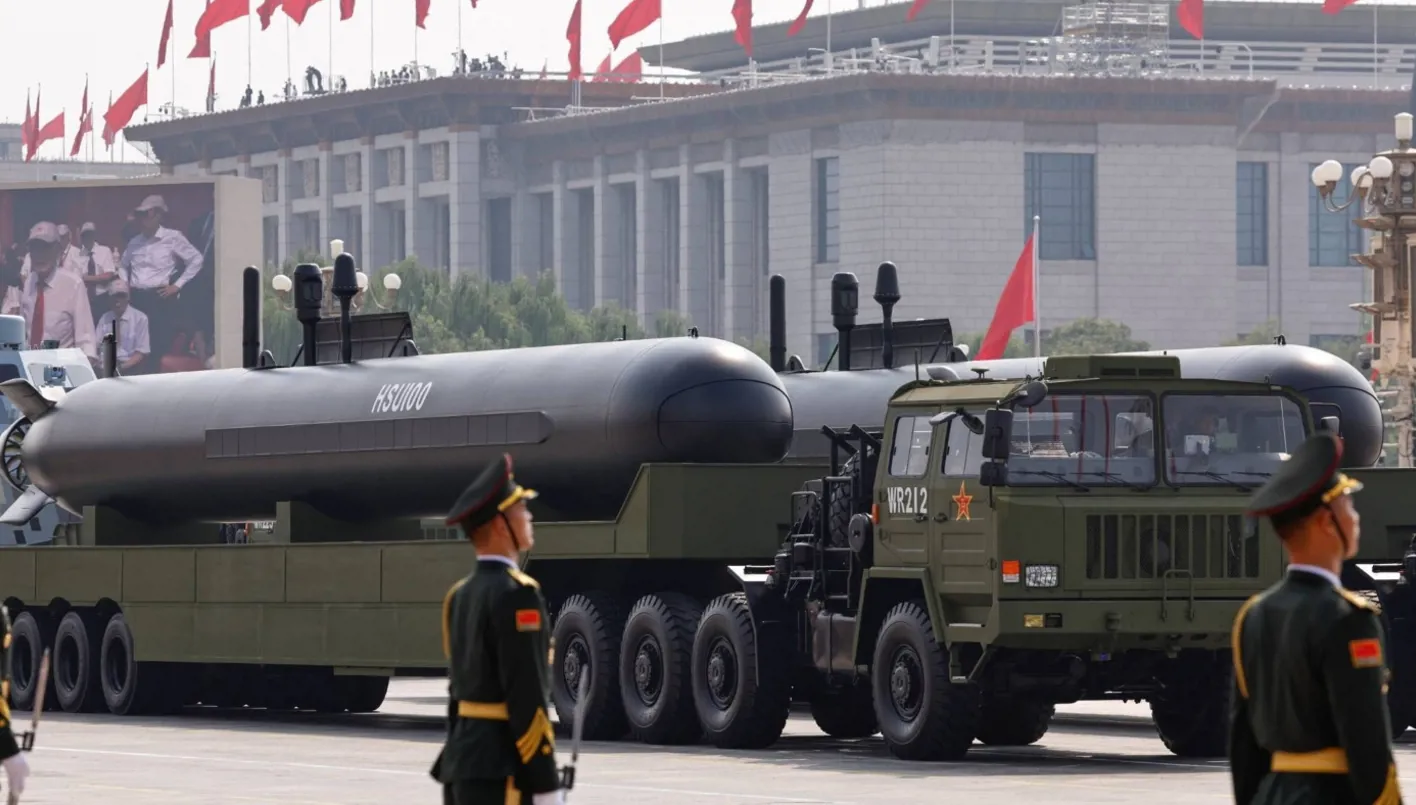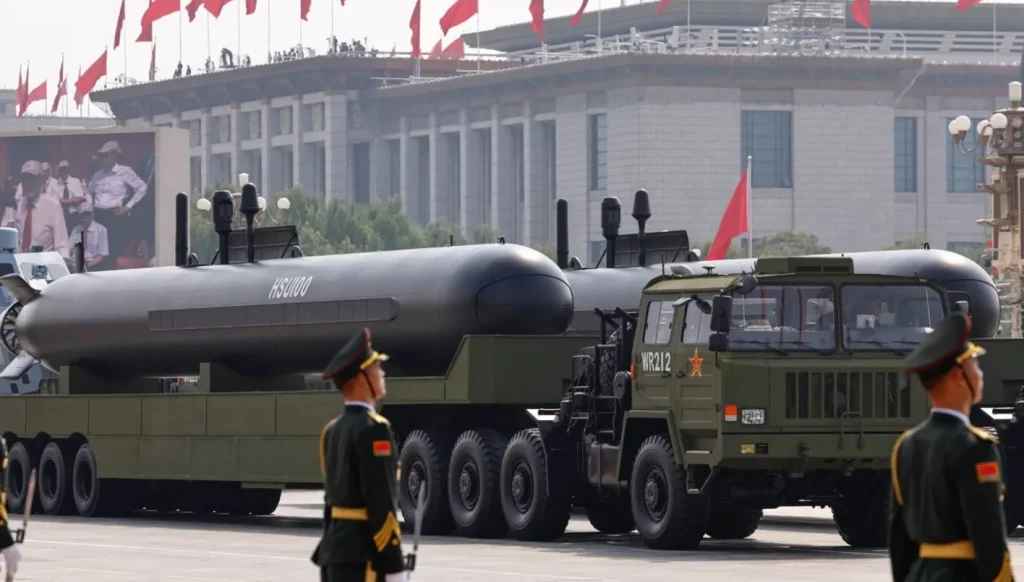The 80th anniversary of the end of World War II in East Asia came amid complex and intertwined international circumstances, pushing global powers back to alliance and bloc politics, resembling the prelude to the great war.
China commemorated its victory over Japan with the largest military parade in its history at Tiananmen Square in Beijing, showcasing weapons entering service or announced for the first time, particularly in technical and cyber domains, as well as naval weaponry. Alongside the impressive military display lasting over an hour, a political message of equal or greater importance was conveyed.
A Powerful Quartet
A powerful Asian quartet emerged, represented by Chinese President Xi Jinping, Russian President Vladimir Putin, North Korean leader Kim Jong Un, and Iranian President Masoud Pezeshkian, among other Asian and African leaders attending the Shanghai Cooperation Organization summit. According to a veteran Russian researcher, this indicates that “Russia and China are confronting Western plans to militarize Asia.” He further told “An-Nahar” that “Beijing is leading a new Asian international alliance in partnership with Russia, playing a major role in correcting Western mistakes in the region.”
The military parade presence prompted U.S. President Donald Trump to claim its goal was “to conspire against the United States.” The Russian president responded quickly, saying, “The U.S. president has a sense of humor, everything is clear, we know this well.” Beyond the public exchanges between the two leaders shortly after their historic Alaska summit, Putin’s four-day visit to Beijing sent strong messages to allies and adversaries alike.
Politically, Russia affirmed it and China are at the forefront of an international alliance confronting the West. In this context, Andrei Kirsanov, a researcher specializing in Russian affairs, described Putin’s visit to China as “a marathon of meetings and talks that yielded tangible results across various levels and sectors.”
Kirsanov told “An-Nahar” that Putin’s talks with Asian leaders represent “a new and powerful attempt to confront American hegemony that contemporary international relations have suffered from for many years,” confirming that what we see today is “a new step taken by Russia’s partners towards establishing a multipolar global order.”
Axis of Disruptions
Foreign policy analysts Andrea Kendall-Taylor and Richard Fontaine from the Washington-based Center for a New American Security titled an article in Foreign Affairs magazine in April 2024, “Axis of Disruptions: How America’s Enemies Unite to Overturn the Global Order,” referring to China, Russia, North Korea, and Iran. The term “Axis of Disruptions” refers to China, North Korea, and Iran alongside Russia, which is engaged in war in Ukraine and receives military support from the other three. According to the article, these four countries “are driven by their shared desire to overturn the Western-led international system and weaken U.S. influence. Although not an official alliance, their extensive cooperation across multiple fields enhances their collective impact.”
In this context, Putin announced agreements related to “Power of Siberia-2,” a planned gas pipeline between Russia and China passing through Mongolia, which he described as the result of long-term cooperation between the two countries. Kirsanov said the talks led to increasing Russian gas transport via two pipeline projects, “Power of Siberia-2” and “Soyuz Vostok,” to 50 billion cubic meters annually, with Russia expected to meet 40% of China’s natural gas needs by 2030.
He added to “An-Nahar” that on the Russia-India front, both sides discussed increasing the volume of Russian energy resources supplied to India in a way that allows them to bypass Western sanctions, illustrating the growing role of BRICS countries and Shanghai Cooperation Organization members in managing international affairs.
But what about military matters, especially if the new alliance aims to establish a multipolar global order as announced by the Russian president, particularly since the weapons displayed at the massive Chinese military parade pointed towards the South China Sea and Taiwan?
Regarding Russia specifically, it was notable that The Telegraph published on September 3rd an article titled “How China is Secretly Arming Russia,” revealing that China sent advanced technologies to Russia for drone manufacturing, adding: “In early July, Chinese Foreign Minister Wang Yi secretly told European officials that he simply could not bear to see Russia lose the war, as that would risk allowing the United States to fully focus its attention on China.”














Recommended for you
Exhibition City Completes About 80% of Preparations for the Damascus International Fair Launch
Talib Al-Rifai Chronicles Kuwaiti Art Heritage in "Doukhi.. Tasaseem Al-Saba"
Unified Admission Applications Start Tuesday with 640 Students to be Accepted in Medicine
Egypt Post: We Have Over 10 Million Customers in Savings Accounts and Offer Daily, Monthly, and Annual Returns
His Highness Sheikh Isa bin Salman bin Hamad Al Khalifa Receives the United States Ambassador to the Kingdom of Bahrain
Al-Jaghbeer: The Industrial Sector Leads Economic Growth